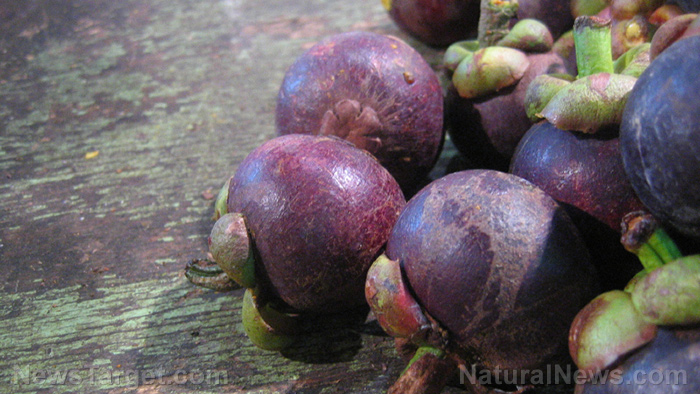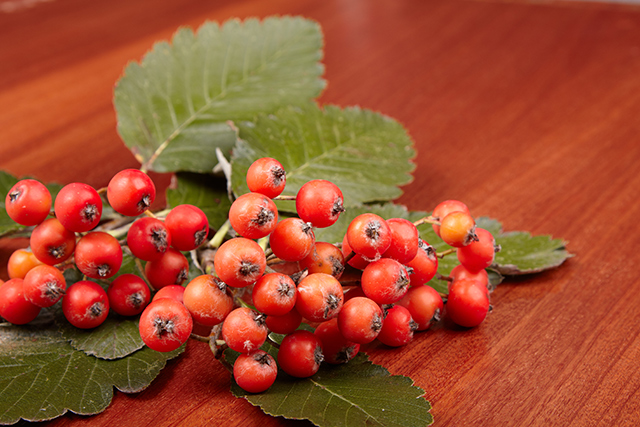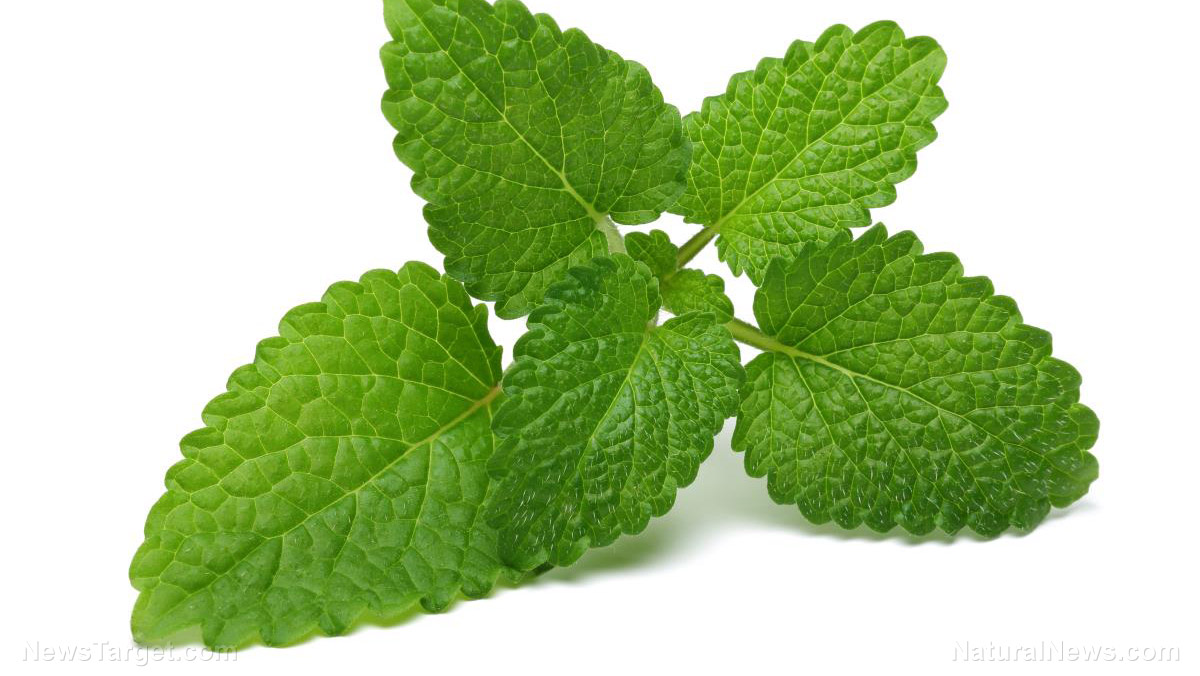Protect your eye health with Korean starwort — especially if you’re diabetic
08/15/2018 / By Edsel Cook

These days, Korean starwort extract makes a living as a dietary supplement. But back in the day, the flowering plant served as a reliable medicinal herb in East Asia. Korean researchers drew upon this healing past when testing its effects on diabetics who suffered from diabetes-induced retinopathy.
Diabetes affects many parts of the body. In the eyes, it causes retinal dysfunction, a common and severe condition where the tiny blood vessels in the eyes start breaking down and leaking their contents.
Hyperglycemia causes the tiny blood vessels in the retinas to break down. It also damages the blood-retinal barrier, allowing fluids to gather inside the macula of the eyes and distort vision.
Treatment for diabetic retinopathy patients involve diagnosing the disease as soon as possible. Confirmation is followed by strict regulation of blood sugar levels in order to slow down the progress of the disease.
Despite the development and use of drugs that reduce blood glucose levels, diabetic retinopathy remains a very common problem. Therefore, the research team from the Korea Institute of Oriental Medicine (KIOM) looked for herbal remedies that can be used to alleviate or even remedy diabetes and its associated problems. (Related: A popular East Asian herb could hold the key to preventing and treating diabetes.)
Type 2 diabetes rats get treated with Korean starwort extract
The researchers previously reported that the extract of Korean starwort prevented the formation and accumulation of advanced glycation end products (AGE) in diabetic rats. As in their earlier study, they collected the flowers, leaves, and stems of the plant for processing into a herbal extract.
They tested the extract on Spontaneously Diabetic Torii (SDT) rats, a common animal model that simulated Type 2 diabetes in humans. One group of the animals were normal and healthy; the other three groups were SDT animals.
Every day, two of the SDT groups were treated with different doses (50 and 100 milligrams per kilogram of body weight) of the Korean starwort extract. The treatment period lasted for six weeks, during which time the researchers monitored the animals’ blood sugar levels.
At the end of the study, the rats were sacrificed. Several tests were conducted to evaluate the state of their retinas, their blood-retinal barrier, and the blood vessels within the eyes.
Korean medicinal plant can protect blood-retinal barrier from diabetes-induced damage
Their findings showed that the extract of the Korean starwort successfully reduced retinal vascular dysfunction in diabetic rats. Treated animals demonstrated improved vascular permeability and other signs of healthy retinal vascular functions.
The extract was also able to mitigate apoptosis – the self-destruction of cells – in retinal vascular cells. Furthermore, it reduced the amount of AGEs that collected inside the macula.
Their current experiment benefited from their last study, where they determined that 100 mg/kg of starwort extract could prevent the formation of AGEs in diabetic rats. This led them to test 50 and 100 mg/kg doses on Type 2 diabetic rats, which had been developed to simulate cases of human diabetic retinopathy.
Treated rats showed marked reductions in retinal vascular leakage and vascular cell loss. Tests showed that the extract reinforced the blood-retinal barrier. It also minimized the loss of occludin, an important protein that regulated the function and permeability of the barrier. Together, these effects reduced the retinal vascular leakage caused by diabetes.
The researchers concluded that the Korean starwort is able to reduce the ill effects of diabetes on the retina by preventing the formation of AGE. While the efficacy depended on the dosage, both the 50 and the 100 mg/kg body weight doses showed themselves effective.
DiabetesScienceNews.com is where you can learn about natural ways of alleviating the symptoms of diabetes and its associated diseases.
Sources include:
Tagged Under: blood vessels, diabetes, diabetic retinopathy, dietary supplements, herbal supplements, Herbs, Korean starwort, natural cures, natural remedies, Natural Treatments, prevention, retina, retina damage, retinal vascular dysfunction



















